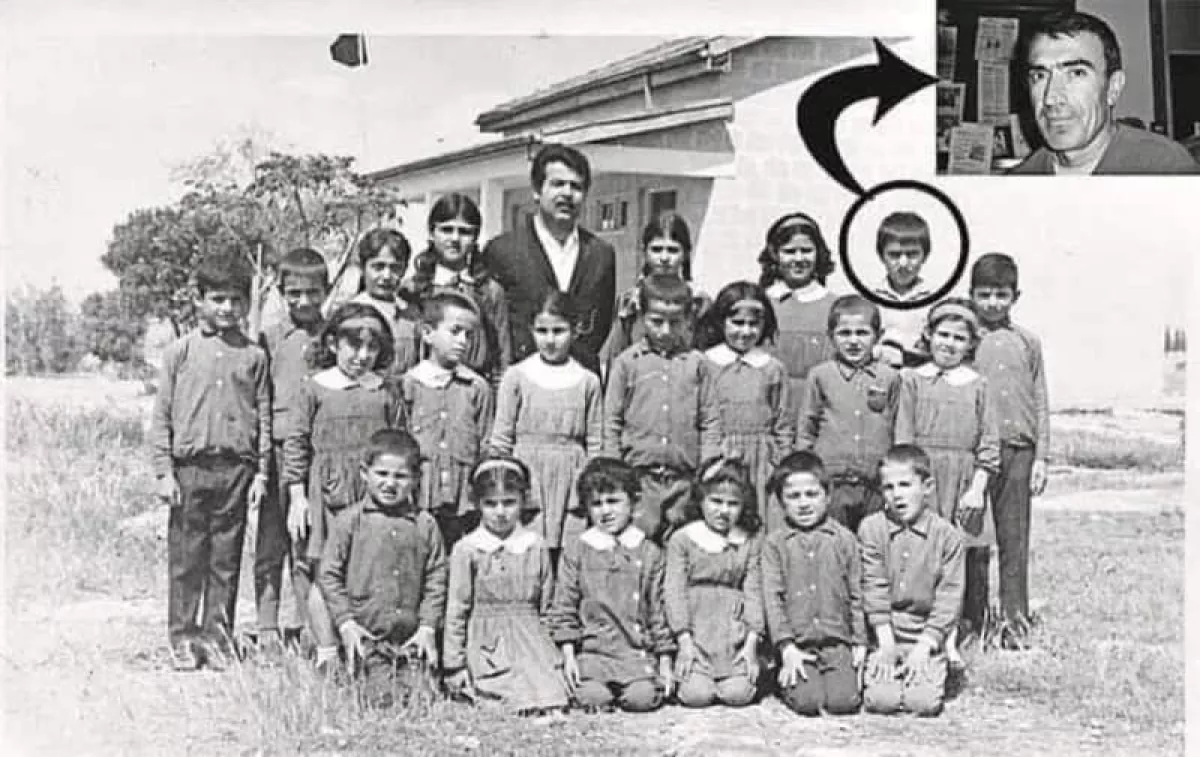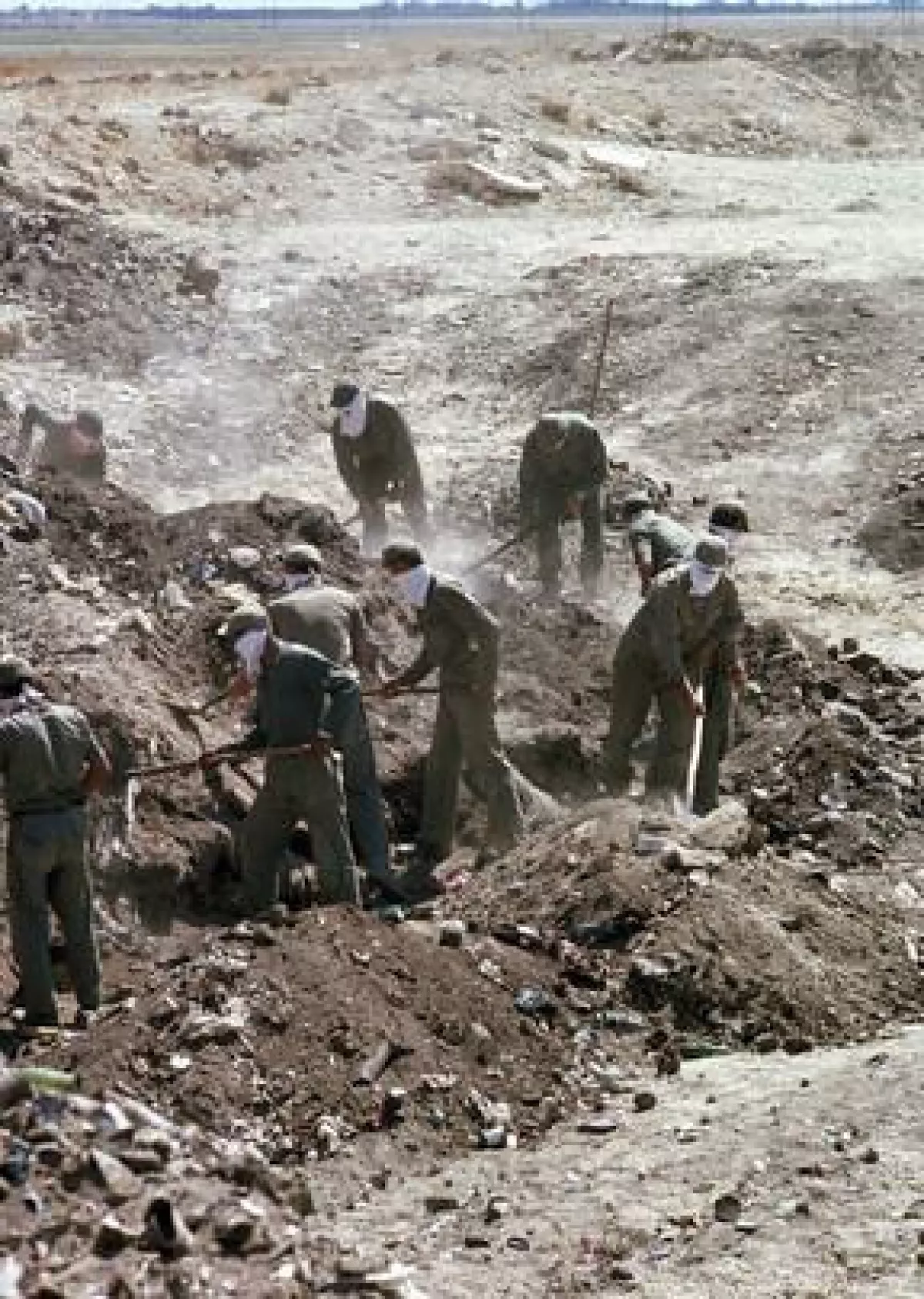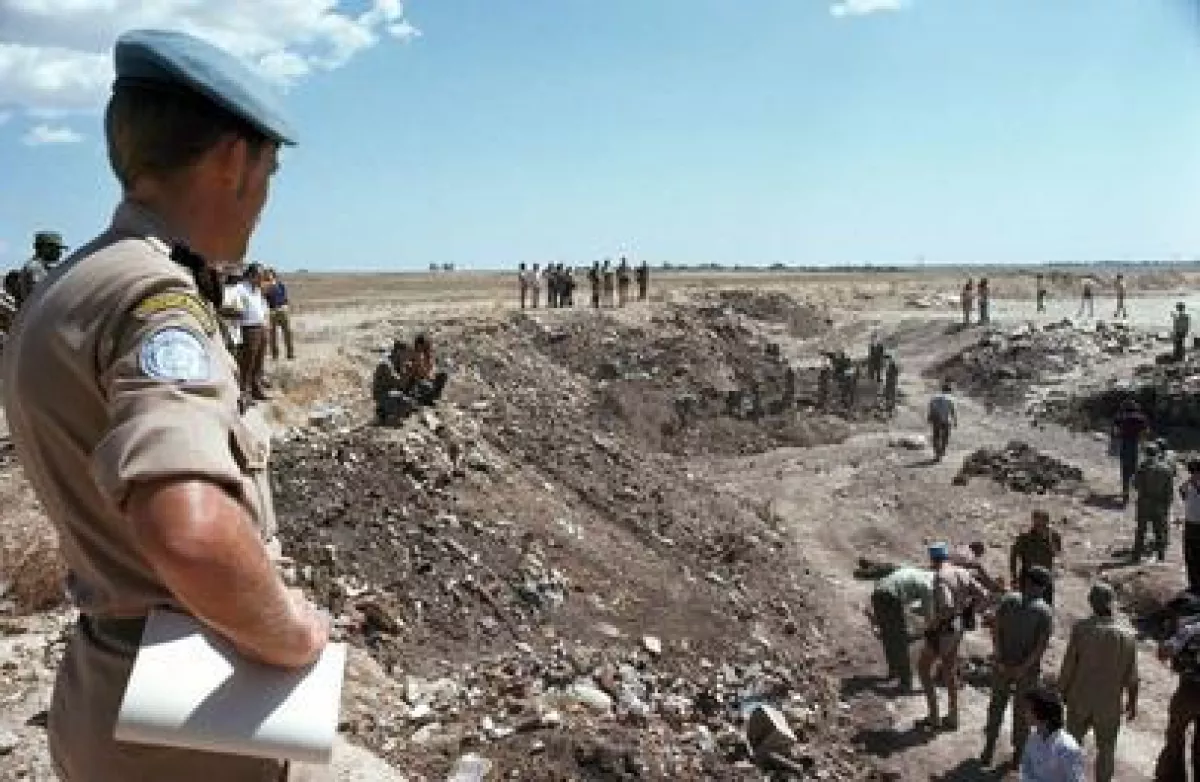Ex-Greek Cypriot FM admits EOKA-B’s role in 1974 massacre of Turkish Cypriots Implications and reactions
The recent acknowledgment by former Greek Cypriot Foreign Minister Erato Kozakau-Marcoullis of the unpunished massacre of Turkish Cypriot schoolchildren by Greek Cypriot forces has reignited painful memories and longstanding tensions on the divided island of Cyprus. The admission, made via a social media post, marks a rare instance of public acknowledgment by a high-ranking Greek Cypriot official of the atrocities committed during the island's turbulent history.
A step toward reconciliation or too little, too late?
In a message shared on social media, Erato Kozakau-Marcoullis highlighted the massacre of Turkish Cypriot children at the hands of the National Organisation of Cypriot Fighters (EOKA-B) on August 14, 1974.
The former minister condemned the lack of justice for the perpetrators, apologizing to the victims and acknowledging the state's failure to address these crimes. This admission is significant in that it openly challenges the Greek Cypriot narrative that has often minimized or ignored such events. However, for many, including the massacre’s sole survivor, Şafak Nihat, this acknowledgment, while welcome, comes decades too late.

Nihat, who narrowly escaped death by hiding during the massacre, expressed mixed emotions about the admission. While he recognizes it as a positive development, he remains critical of the long-standing silence and impunity surrounding the incident. His reaction underscores the deep-seated trauma and mistrust that persists among the Turkish Cypriot community, who have long felt that their suffering has been ignored or downplayed by Greek Cypriot authorities.
The Muratağa massacre & its aftermath
The Muratağa massacre, part of a series of brutal attacks by EOKA-B, was one of the darkest chapters in Cyprus’s history. On that fateful day, 126 Turkish Cypriots, including children, women, and the elderly, were slaughtered in three villages by EOKA-B militants. The killings were part of a broader campaign of violence against Turkish Cypriots, which escalated following a coup by Greek nationalists aimed at uniting the island with Greece.
The massacres in Muratağa and surrounding villages were among the incidents that prompted Türkiye to launch the second phase of its Cyprus Peace Operation. This military intervention, which began on July 20, 1974, aimed to protect Turkish Cypriots and prevent the island's annexation by Greece. While the operation succeeded in halting the immediate violence, it also solidified the division of Cyprus into the Greek Cypriot south and the Turkish Cypriot north, a status quo that persists to this day.

Implications for Greek-Turkish Cypriot relations
The admission by Kozakau-Marcoullis, though unprecedented, is unlikely to significantly alter the deeply entrenched positions on both sides of the island. The Turkish Republic of Northern Cyprus (TRNC) has long maintained that the massacres were part of a deliberate campaign by Greek Cypriots to ethnically cleanse Turkish Cypriots and facilitate the island's annexation by Greece. While Greek Cypriots have acknowledged some atrocities, they have generally attributed them to rogue elements like EOKA-B, rather than state policy.

This selective acknowledgment of responsibility has fueled ongoing mistrust between the two communities. Turkish Cypriot leaders, including President Ersin Tatar, have repeatedly called for greater accountability and recognition of the atrocities committed against their people. However, the Greek Cypriot government’s reluctance to fully confront this dark chapter of their history remains a significant barrier to reconciliation.
Conclusion
The recent acknowledgment by former Greek Cypriot Foreign Minister Erato Kozakau-Marcoullis of the massacre of Turkish Cypriot children is a rare and notable event in the ongoing saga of Cyprus’s troubled past. While it has been hailed as a step in the right direction, especially by those like Şafak Nihat who lived through the horrors, the broader implications for Greek-Turkish Cypriot relations remain uncertain.
The wounds of the past are deep, and while such admissions are important, they must be accompanied by concrete actions to address the longstanding grievances of the Turkish Cypriot community. Without such measures, the prospect of true reconciliation on the island remains elusive.








